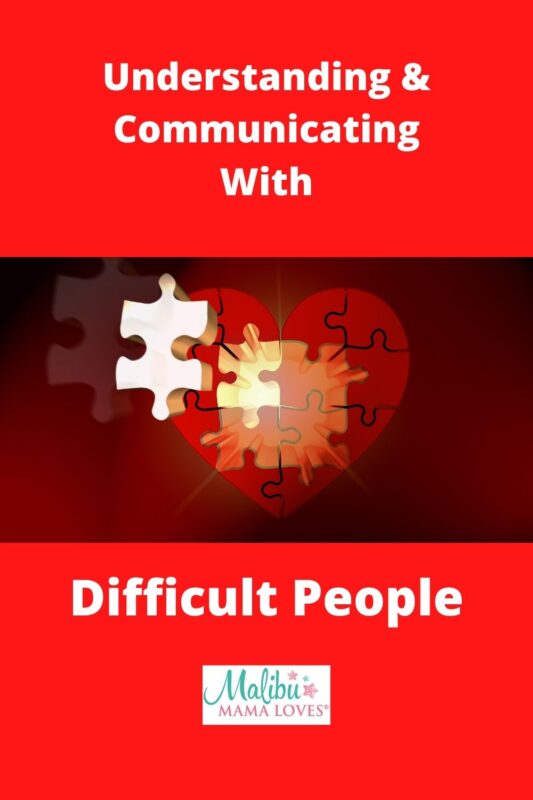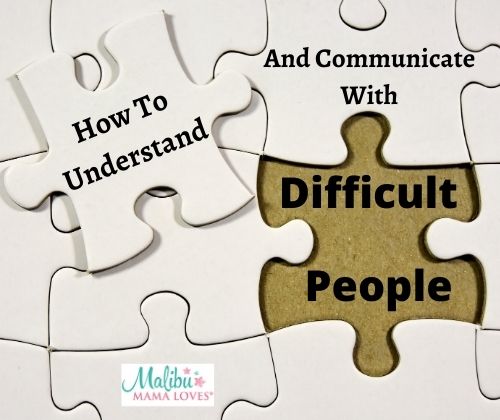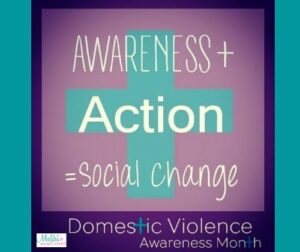How To Understand And Communicate With Difficult People
Learning to understand difficult people – the non-cooperative people – is only the first step in navigating through life with them.
Science has actually shown us that genetics plays a part in how difficult a person is, meaning it is not always the persons fault that they are being difficult. In fact, studies show that 35-50% of a person’s personality is genetic.
Have you heard of the Serotonin Transport Gene? We all know Serotonin as our happy hormone, one that makes us relax, feel safe and good. This gene dictates how quickly serotonin gets distributed throughout our bodies. Depending on what we inherit, if it is designed to distribute the serotonin slowly, this causes a greater physical response in one to events producing stronger negative emotions and therefore experiences, whereas faster delivery creates a space for a person to be more easy-going. Not to mention all of the trauma life heaps on us, paired together, this can make for a really challenging personality. Make sense?
Why You Need To Know
Studies show us that 15% of our financial success is based on technical ability while 85% of financial success is due to people skills. -Carnegie Institute of Technology. Click here to read more about the different types of difficult people.
So now you understand the value of learning how to communicate with difficult people – who probably are not choosing to be that way, right? Communicating with them requires the right mindset and an iron will to keep calm. Because at the end of the day, we can not control other people, we can only control our responses to them. If we have the right mindset and understanding, they actually can be a huge asset to our lives. Today I will share 3 main ways to start communicating better with difficult people.
How to Communicate With Difficult People
- Do not try changing them, make the effort to understand them. It may not seem fair, but it will bring you so much more peace of mind. Trying to change someone in this way will only create an environment of more stubbornness and frustration on both sides. Just forget trying to make the downer happy, or squeezing the superiors into their place, or motivating the passives… accept who they are and figure out how to utilize their ‘unique’ characteristics.
- Create your offense. You know they are going to be difficult. Change your approach. For the downers, come up with ways for them to research and find their own information and truths. For the superiors, enlist them to help with planning or creating committees for things. Encourage them to be cheerleaders and frequently check in with them, gently reminding them that other things matter too. For the passives, give them prep and down time, encourage them with specific instruction on things and allow them to set their own pace.
- The demanders are the trickiest. Because they lie and have no accountability. The sad thing about lying is that it is rarely necessary and the truth, no matter how awful, would probably be easier to accept that the nasty web of lies used to cover it up. It is important to be very realistic with yourself about these people and to protect yourself. It will be very hard to establish a base relationship with people who lie because trust (the basis of all relationships) is based in truth, and if there is no foundation of truth, creating a solid relationship will be very challenging.

- The demanders are the trickiest. Because they lie and have no accountability. The sad thing about lying is that it is rarely necessary and the truth, no matter how awful, would probably be easier to accept that the nasty web of lies used to cover it up. It is important to be very realistic with yourself about these people and to protect yourself. It will be very hard to establish a base relationship with people who lie because trust (the basis of all relationships) is based in truth, and if there is no foundation of truth, creating a solid relationship will be very challenging.
- Do not allow them to be toxic. If it comes to a point where they become passive-aggressive, mean or hurtful regularly, you need to limit your exposure to them and set your boundaries. It is ok to tell them a particular behavior is not acceptable to you and you will not be around it. It is ok to walk away as well as stay firm in your boundaries; they will respect you more for it in the long run.
Let’s keep this conversation going, share in the comments some of your great tips to keeping sane with difficult people!
Cheers!
Malibu Mama Loves Xx



 Hi There! Let's Share ✩ Explore ✩ Awaken together! I’m a Mama, published author, biohacker, and trauma-informed life coach raising conscious kids who truly appreciate our world through travel. Welcome to the Malibu Mama Loves Conscious Living Lifestyle!
Hi There! Let's Share ✩ Explore ✩ Awaken together! I’m a Mama, published author, biohacker, and trauma-informed life coach raising conscious kids who truly appreciate our world through travel. Welcome to the Malibu Mama Loves Conscious Living Lifestyle!




 Ready To Turn Your Trauma Pain Into Purpose? Join Our FREE Masterclass Click
Ready To Turn Your Trauma Pain Into Purpose? Join Our FREE Masterclass Click 


